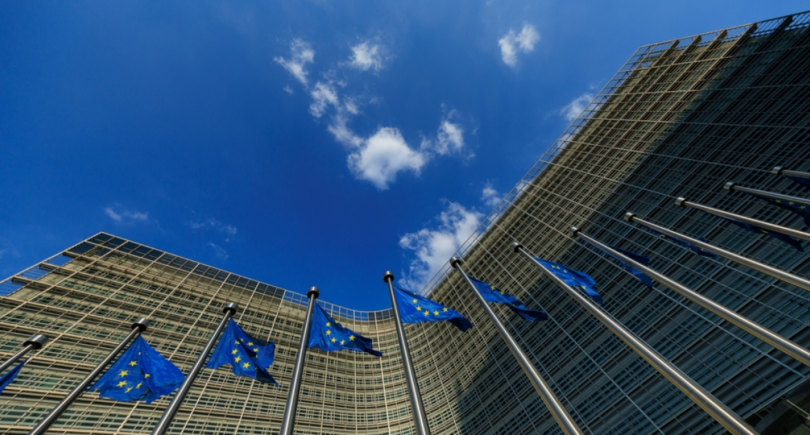
News Global Market Great Britain 2922 10 June 2024
This is due to expectations that the new government will be tougher on big polluters
Traders predict that the price of carbon credits in the UK will rise. They expect the incoming government to introduce stricter climate policies against major polluters, the Financial Times reports.
The base price of allowances on the country’s carbon market rose by 9% after Prime Minister Rishi Sunak called early parliamentary elections in May.
As of June 7, 2024, it rose to £47 per ton of CO2, up from a low of £31 in early 2024. The price was falling due to the steps taken by the Conservative government, which decided to increase the number of allowances over the next three years.
The most common carbon contract is the December contract, which allows the price to be fixed before the deadline for obtaining permits.
Expectations of a change in government have triggered a record volume of bets that the price of carbon in the UK will rise by the end of 2024. According to exchange operator Intercontinental Exchange, hedge funds and asset managers held net long positions worth £300 million this week, the highest level since the scheme was launched in 2021.
The appetite for allowances is partly driven by speculation that Labor will take a stricter approach to big polluters, explained Tim Atkinson, director of carbon sales and trading at London-based CFP Energy.
This party is about 21 points ahead of the Conservatives in the FT’s national voting intentions polls and is considered a greener government overall. In particular, Labor has not publicly stated whether it will intervene in the market, but told the publication that it has a long-term plan to “make Britain a clean energy superpower.” The decision on the British emissions trading scheme will be carefully considered with other members of parliament.
Another key factor behind the price increase in June is the expectation that the number of available permits will decrease in the second half of the decade, said Tim Atkinson, director of carbon sales and trading at London-based CFP Energy. In addition, wind speeds have dropped in recent weeks, forcing some energy consumers to switch to gas. This, in turn, increases the demand for carbon emissions.
The UK carbon price is still trading at a sharp discount to the €71 per tonne (£60) price in the equivalent pan-European trading system. The difference means that UK exporters will face hundreds of millions of pounds in taxes under CBAM over the next decade, which could complicate trade arrangements with the Republic of Ireland – prompting industry groups to call for the two markets to be merged.
The UK system trades far fewer carbon credits on a daily basis and is more volatile. According to Adam Berman, deputy director of Energy UK, it is a strange market that reacts very strongly to sentiment.
The Institute for Energy Economics and Financial Analysis (IEEFA) believes that global revenues from carbon pricing schemes will continue to grow.
Currently, they apply to a quarter of global emissions and have raised more than $500 billion from polluters.




